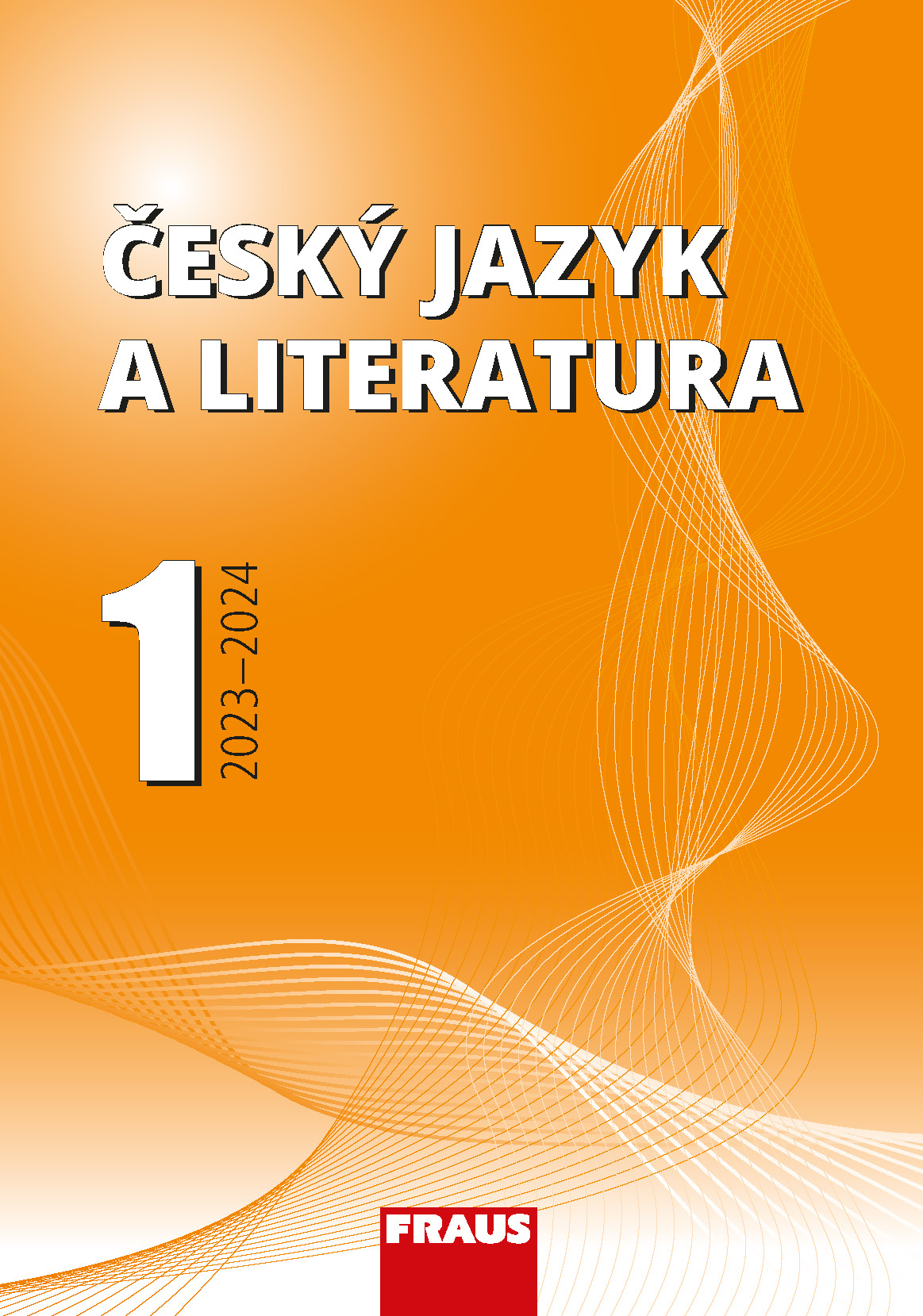Místo folkloru v literární výchově
(na příkladu lidové písně)
Klíčová slova:
literatura, folklor, lidová píseň, folklorní tematika, literární výchova, literature, folklore, folk song, folk topics, teaching literatureAbstrakt
The Role of Folklore in Teaching Literature (the Case of Folk Song)
Folk art, mainly folk songs, is different in typology from standard literary work as a unique individual artistic creation. Songs originate from different cultural motifs: it is the combination of music and verbal art; it does not make a strict distinction between the creator and the recipient of the song; it depends on the forms of verbal dissemination; it takes account of sharing the song within the community as well as of exclusively non-written preservation; it counts with variations, respects its migration in time and space; it is often in close contact with a craft fair production. These unique characteristics are reflected in topics, content and forms (we demonstrate it on the collection of Antonín Francl from the turn of the 18th and 19th centuries). However, these characteristics cannot be adequately captured solely by applying the criteria of literary criticism. School teaching should take this distinction into consideration.
Reference
ČECHOVÁ, M. Opustit myšlenku o snadném a bezpracném vzdělávání v českém jazyce. (Stačí revize RVP pro zvýšení vzdělanosti?) ČJL, 73, 2022–2023, s. 157–162.
DVOŘÁK, K. Soupis staročeských exempel. Praha: Univerzita Karlova, 1978; Argo, 2016.
FUKAČ, J.; POLEDŇÁK, I. K typologickým polarizacím hudby, zejména polarizaci hudby artificiální a nonartificiální. Hudební věda, 14, 1977, s. 317–335.
HRABÁK, J., a kol. Dějiny české literatury 1. Praha: Nakladatelství ČSAV, 1959.
IBRAHIM, R., a kol. Interpretace textů (nejen) ke státní maturitě. Praha: Akropolis, 2010.
JANOUŠEK, P. Jak učit na střední škole literaturu 20. století a literaturu současnou? ČJL, 73, 2022–2023, s. 16–21.
KRATOCHVÍL, M. Vy havíři umouněný, co vy z toho máte … Praha: Etnologický ústav AV ČR, 2022.
LEDERBUCHOVÁ, L.; HNÍK, O. Literární výchova jako složka předmětu český jazyk. ČJL, 73, 2022–2023, s. 1–5.
MALURA J. Žánrová hybridizace v české literatuře 16. a 17. století. In MALURA, J. (ed.) Žánrové aspekty starší literatury. Ostrava: Ostravská univerzita, 2010, s. 99–120.
MALURA J. Meditace a modlitba v literatuře raného novověku. Ostrava: OU, 2015.
NOVÁK, J. V.; NOVÁK, A. Přehledné dějiny literatury české. Olomouc: Romuald Promberger, 1913.
ŠKARKA, A. Literatura bez autorů a generací. Listy filologické, 72, 1948, s. 171–176.
UTHER, H. J. The Types of International Folktales: A Classification and Bibliography. Based on the system of Antti Aarne and Stith Thompson I – III. Folklore Fellows Communications no. 284–286. Helsinki: Suomalainen Tiedeakatemia, 2004.
ZAJÍČKOVÁ REJZLOVÁ, V. Letem středověkým světem. Glosy k výuce starší české literatury na současných středních školách. ČJL, 73, 2022–2023, s. 21–27.


